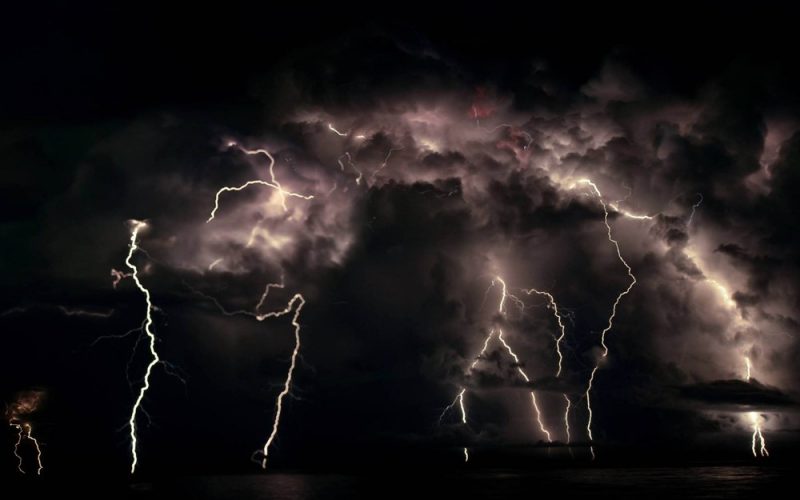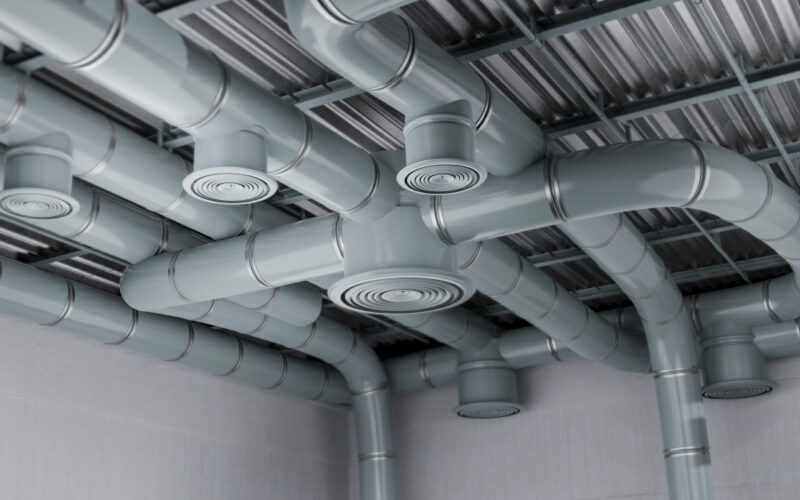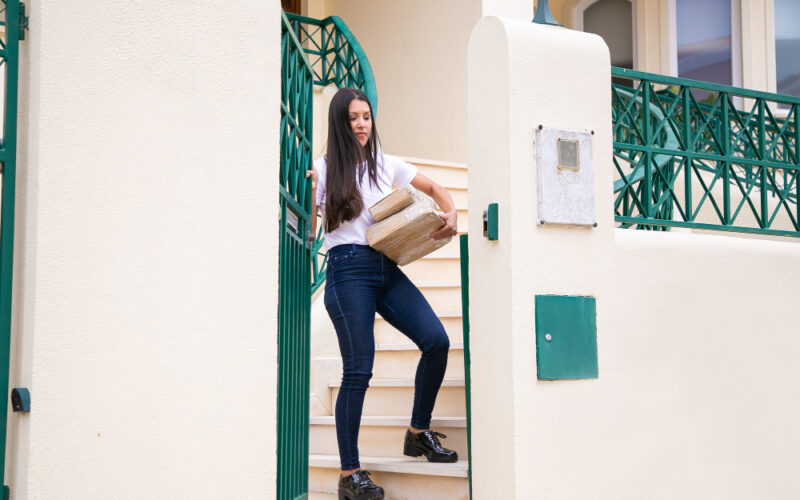
With the particularly stormy summer we’ve been having here in Australia, electrical blackouts have become increasingly common over the past few weeks. It’s imperative that you and your family treat these blackouts as more than just a minor inconvenience, however. Oftentimes, electrical blackouts can pose great risks to families with young children. Be sure to follow the five little tips outlined below to ensure that your household is well-equipped to deal with your next power outage.
1. Call your local electrician
It’s always best to go with a local electrician as they’ll be well-versed in dealing with any unique environmental factors that may influence the nature of your power outages. For instance, when you’re looking to hire a
It’s recommended that you keep your electrician’s contact number on hand before and during storm season, to ensure that any damage caused by electrical storms is handled promptly and effectively, not just for your family’s convenience, but also to minimise any risks of fire or electrocution.
2. Put together a blackout kit
Get into the habit of treating every blackout like an emergency situation. This means having a preparedness plan as well as an emergency kit that’s specifically for blackouts. Alongside a good torch and spare batteries, you should also pack a basic first aid kit equipped with alcohol wipes and other personal sanitary products, as well as some non-perishable foods like muesli bars and canned goods.
If you’re based on the wooded outskirts of metropolitan Melbourne or deeper into country Victoria, chances are your electrical storm preparedness plan already largely mirrors your bushfire preparedness plan. Severe storm warnings may heed you to evacuate your home to avoid dangers such as falling trees. If your emergency preparedness plan includes evacuation procedures, be sure to pack extra layers and drinking water with your survival kit. If you’re in metropolitan Melbourne but living on a property with large trees, it’s worth having these trees assessed or potentially even cut down to minimise any risks of fire and other property damage.
3. Turn off and unplug electrical devices
It’s a good rule of thumb to switch any large electrical devices off at the wall as soon as a blackout occurs to minimise your chances of experiencing nasty power surges. Energy Safe Victoria recommends leaving a lone device or switch flipped on just so you’re aware of when the power returns. If you don’t feel comfortable leaving any devices on, you can also keep in touch with your next-door neighbours to feel out when the power returns.
If, for any reason, you do experience a surge or a blown fuse, try to keep children away from the affected areas, and call your electrician promptly to arrange for any immediate dangers to be eradicated.
4. Stay indoors whenever possible
We’ve spoken a little about the environmental factors that may contribute to a power outage, and also of some of the wider dangers that surround electrical storms, namely the falling of trees and power lines, and the burning of fuse boxes. Alongside this, however, electrical storms can trigger fierce weather that can pose genuine risks to commuters, so if you’re looking to evacuate your property in preparation for an electrical storm, be sure to do so with little delay. If you and your family are unable to leave before a storm begins, you may need to stay put and that will mean staying for the duration of the storm at minimum. If any blackouts occur, you should also stay close to your children until the blackout has been corrected and its causes addressed.
5. Avoid eating refrigerated foods
Finally, it’s worth noting that your fridge can keep foods cool for approximately four hours without electricity, so long as you don’t open your fridge doors too often. Your freezer may be able to last a little longer, but you should still try and keep your fridge doors closed at all times during a blackout unless absolutely necessary. If your blackout has lasted longer than four hours, it’s recommended that you toss out any frozen meat and dairy products as they may no longer be good to eat.
As mentioned earlier, keeping non-perishable emergency rations with your blackout kit is vital to ensuring your family stays safe during this situation.
It’s clear that blackouts can pose an array of hazards to any family, but a family and home that’s well-prepared are likely to come out the other end with minimal fuss. Make sure to follow the tips outlined in this article, and talk to your family about the importance of electrical safety today.





